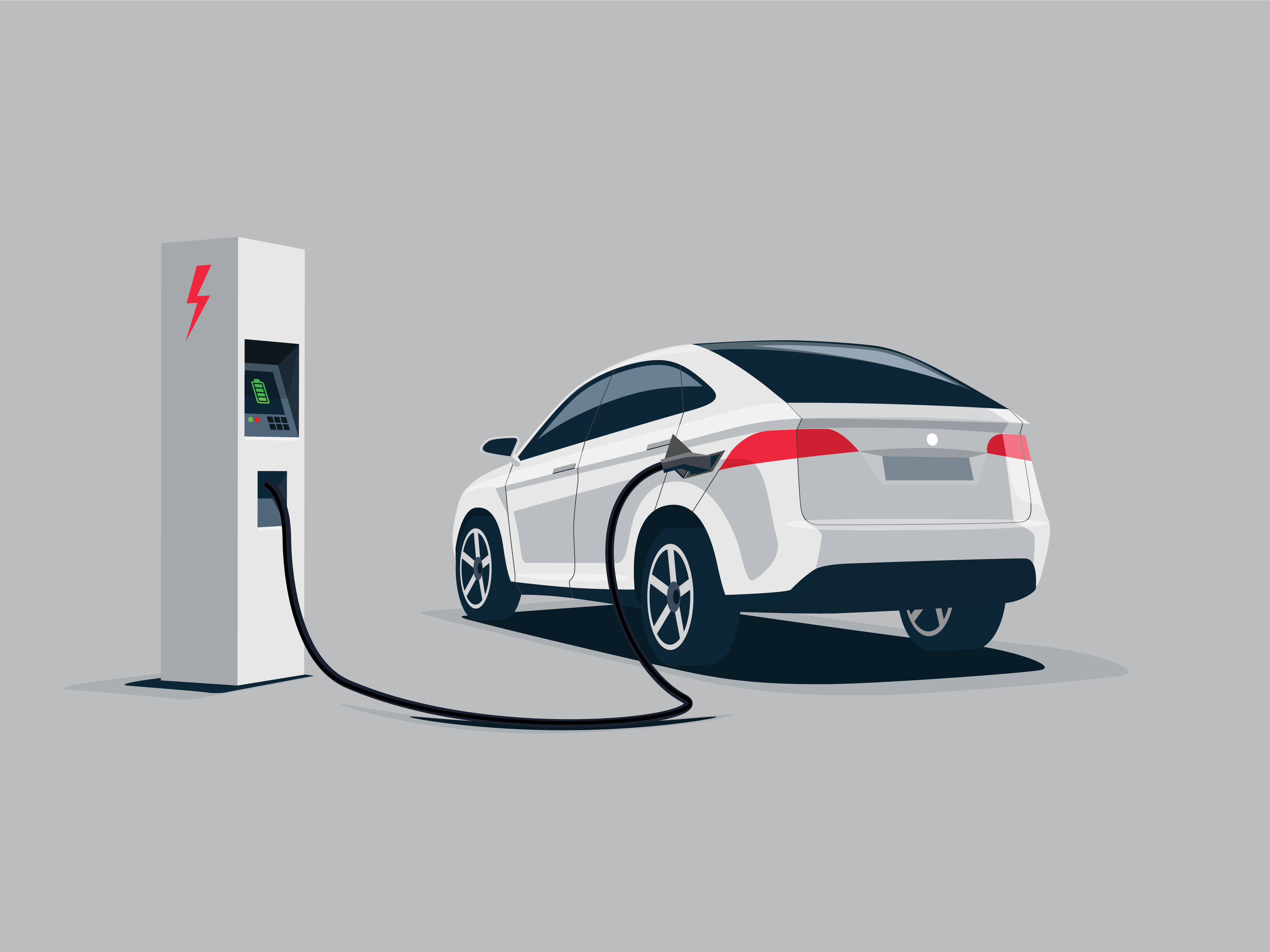31 May 2023
4 min read

The High Court will soon decide the constitutional validity of the Zero and Low Emission Vehicle Distance-Based Charge Act 2021 (Vic) (Act) in the case of Vanderstock and Anor vs the State of Victoria (Vanderstock). The decision will impact the future of low emissions vehicles and may affect state taxes in a broader sense.
This will be the first time since 1997 that the High Court will be considering the meaning of excise since the decision in Ha & Anor v State of New South Wales (1997) 189 CLR 465 (Ha).
In July 2021, the Victorian Government introduced the Act requiring Victorian electric vehicle drivers to maintain a vehicle use and, more notably, pay an annual charge to the Government based on the number of kilometres driven in the preceding 12 months (ZLEV charge).
Christopher Vanderstock and Kathleen Davies, who are both Zero Low Emission Vehicle (ZLEV) drivers, have challenged the validity of the charge in the High Court. They claim that the ZLEV charge is an ‘excise’ that the Victorian Government lacks the constitutional authority to impose, given that it is an exclusive power of the Commonwealth.
Section 90 of the Commonwealth Constitution provides that “the power of the [Commonwealth] Parliament to impose duties of customs and of excise…shall become exclusive.”
In Ha, a duty of excise was characterised as a tax upon the “production, manufacture and sale of a good”. As the Commonwealth holds exclusive power to impose an ‘excise’, state governments can only tax a good after it has been purchased and possessed by the consumer.
In Vanderstock, the High Court will decide whether the ZLEV charge would be an impermissible excise.
In Vanderstock, the plaintiffs’ submission that the ZLEV charge is invalid is based on the following core propositions:
It was additionally submitted by the plaintiff that the concept of a duty of excise should be extended to “manufacture, sale, distribution and consumption of goods”. This was primarily because a tax on consumption has a similar economic effect as a tax on the manufacturing of a good, in that the burden will ultimately fall onto the consumer.
For the above reasons, the plaintiffs defined the ZLEV charge as a “tax imposed on the step of consuming goods” and therefore a tax “upon goods” which falls foul of section 90 of the Constitution.
The Victorian Government’s primary argument is that the relevant charge imposed by the ZLEV charge is a tax on the activity of driving rather than a good. They considered the features of a duty of excise and argued that the nature of the ZLEV charge is distinguishable because:
Further, the Victorian Government submitted that if the ZLEV charge is a tax upon a good, then tax on the consumption of a good is not a duty of excise. The Victorian Government distinguishes the ZLEV charge from an excise by submitting that excises are “duties imposed in respect of commercial dealings in commodities”.
The outcome in Vanderstock will shape the manner in which electric vehicles are taxed in Australia. If the High Court finds the ZLEV charge invalid, it is likely that other states with similar electric car taxes or those considering such measures will need to change their approach.
Furthermore, the decision could have broader implications for state taxes by potentially expanding the scope of section 90 to include taxes on goods after the point of sale.
If you have any questions on the ZLEV charge or would like to know more about the case, please get in touch with a team member below.
Disclaimer
The information in this article is of a general nature and is not intended to address the circumstances of any particular individual or entity. Although we endeavour to provide accurate and timely information, we do not guarantee that the information in this article is accurate at the date it is received or that it will continue to be accurate in the future.